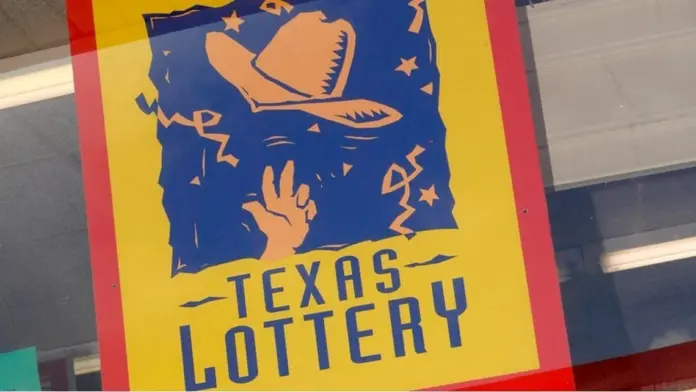The Texas Lottery hit the headlines in April 2023 when a group of European gamblers completed a lottery jackpot of $95 million. Their win, however, was no simple luck — it was the result of a carefully executed strategy of buying nearly every number combination available. News of this historic victory caused a storm of controversy, including investigations, legislative hearings, and major modifications to lottery rules. Fast forward to February 2025, and the aftermath of this event has left an indelible mark on the Texas Lottery’s future.
The Winning Strategy
The story starts with three European gambling entrepreneurs based in Malta and London. They purchased around 25.7 million Lotto Texas tickets for a cost of nearly $26 million, which was about 99% of every possible combination of numbers. When this strategy, though legal, was unprecedented in magnitude and implementation. By purchasing nearly every possible combination of numbers, the group made sure they were holding the winning ticket for the April 22, 2023, drawing.
Their plan worked. After taxes and fees, the group received a lump sum payout of $57.8 million, earning a profit of approximately $20 million. Their success was a testament to their mathematical precision, but it also raised serious questions about the fairness and integrity of the lottery system.
Also read: Chernobyl Nuclear Plant Shelter Gets Hit By A Russian Drone: No Casualties Reported
The Controversy
The group’s win did not go over well with many Texans, particularly lawmakers and lottery officials. Critics contended that the lottery is meant to reward ordinary players, not rich investors who can purchase millions of tickets. Wealthier people can afford to buy more lottery tickets, and State Representative Matt Shaheen said — he has long argued — that lower-income lottery players were being taken advantage of.
Subsequent investigations discovered that the Texas Lottery Commission (TLC) had unwittingly enabled the group’s scheme. TLC issued additional terminals to low-traffic lottery outlets, enabling the group to print millions in the 72 hours between drawings. This revelation triggered allegations that TLC personnel had conspired with the group, bringing the integrity of the lottery into question.
Legislative Response
In reaction to the controversy, Texas lawmakers held a series of hearings to investigate the TLC’s practices. “There’s no question in my mind that the integrity of the lottery was lost in this process,” said Senator Tan Parker at a hearing in August 2023, condemning the TLC for its oversight.
The hearings culminated in a blistering report by the Sunset Commission that noted the TLC’s leadership failures. Former TLC Executive Director Gary Grief was the main target of the criticism, with auditors blaming him for mismanagement and failure to protect Texas players’ interests.
Changes to the Lottery System
Due to the scandal, the TLC made several changes to help avoid similar situations in the future. One important change was the elimination of additional terminals at low-traffic outlets, which made it more difficult for groups to buy tickets in bulk. The TLC also instituted new rules to restrict the number of tickets that a single person or group can purchase.
Reactions to these changes have been mixed. Although some welcome the TLC to take measures to regain trust, others claim the reforms fail to go far enough. Critics have demanded tighter regulations, including an online ticket sales ban and more stringent oversight of lottery retailers.
Also read: Aircraft Carrier USS Harry Truman Collision Update
The Broader Impact
There are ripple effects from the $95 million jackpot scandal for the Texas Lottery. These developments have surfaced glaring weaknesses in the system and underscored the importance of increased transparency and accountability. The controversy has also opened a window to a wider discussion about the place of lotteries in society, especially their effect on poorer neighborhoods of advantage.
For many Texans, the scandal has eroded their confidence in the lottery. In 2025, 40 percent of survey #1 respondents reported being less likely to play the lottery since the game last changed, citing concerns over value (fairness, integrity) as the reason. This drop in public trust is a major challenge to the TLC, which uses lottery revenue to fund state programs.
Looking Ahead
For the Texas Lottery, February 2025 is a crossroads. The second prize has not yet been revealed, but they were not revealed until after the $95 million jackpot scandal and through reforms (which do not necessarily inspire confidence after a $95 million jackpot scandal) at the beginning of things— reforms introduced in the wake of scandal due to participating players finally receive the winner’s prize. Legislators and lottery directors should continue working together so that the lottery system remains a fair and just one for everyone.
The $95 million jackpot story is a cautionary tale, however, about the dangers of ungoverned ambition and the need for proper oversight. It should be a reminder that, even when hope shines through, something like the lottery also has to be based on trust and integrity.








